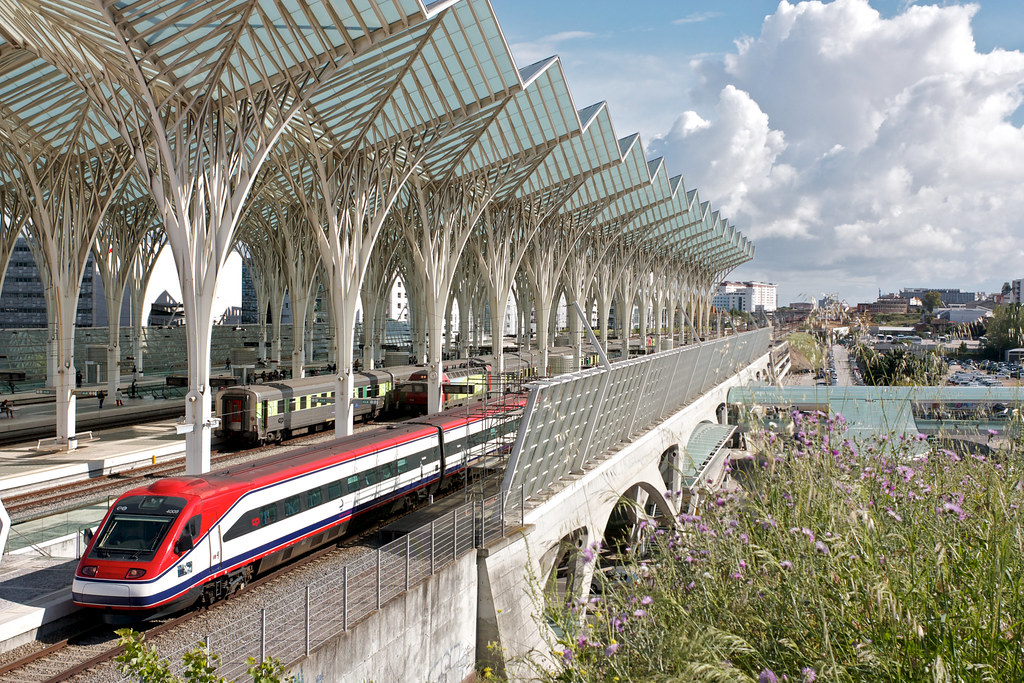Ultimate Guide to Flixbus

Ultimate Guide To FlixBus/FlixTrain
Friends who live in Europe know that buses are currently one of the cheapest ways to travel in Europe. Flixbus is currently the largest long-distance bus company in Europe.
At present, Flixbus not only does business in popular tourist cities, but most of the large residential towns in Europe have bus stations, including Germany, France, Italy, Netherlands, Poland, Czech Republic, Denmark, Sweden, Norway, Switzerland, Spain , Portugal, Hungary, Austria, Croatia, Belarus and other countries. Among them, the German route is the cheapest. Flixbus began to expand to the United States in 2018, and currently has thousands of sites in the United States. ...







